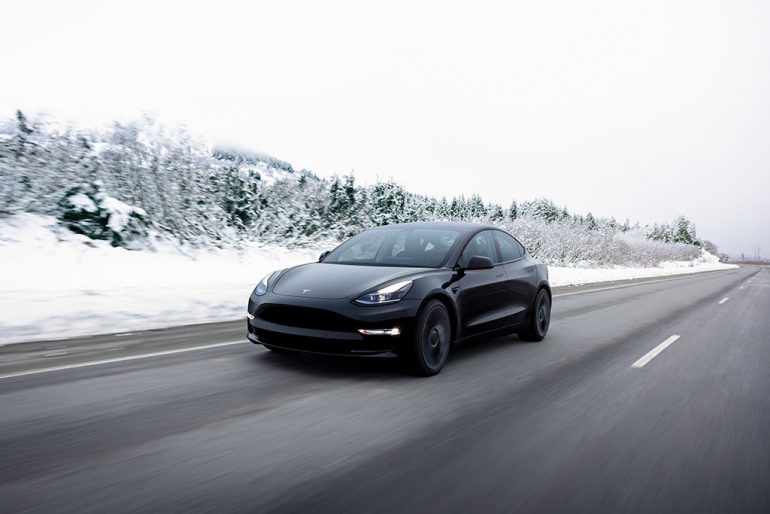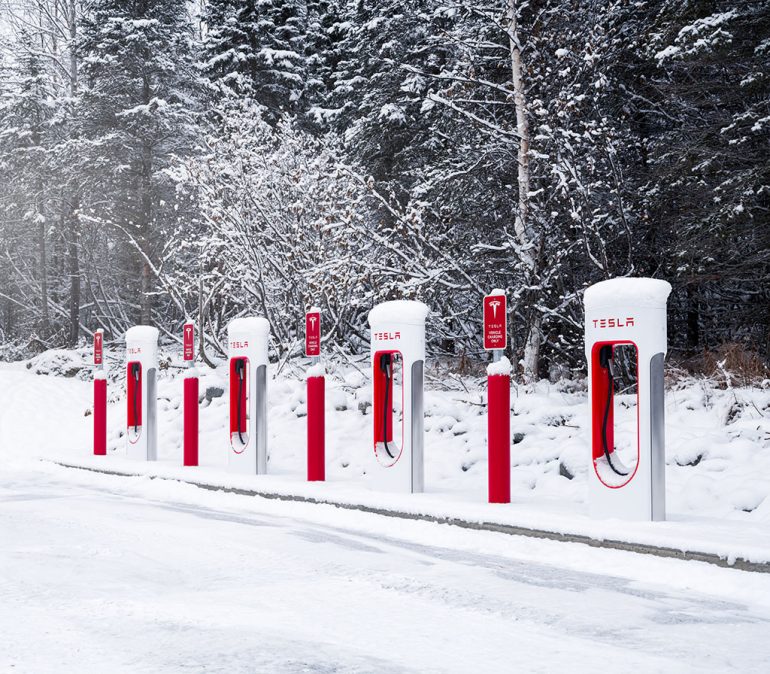
Cold weather has a notable impact on EV batteries, causing them to deplete more quickly. This issue is particularly evident in Tesla EVs, which have faced allegations of overstated ranges, especially during colder conditions. The root of the problem lies in the need for cabin heating, as electric cars solely rely on battery power for warmth. This results in increased energy consumption. To compound matters, cold temperatures slow down the chemical reactions within batteries, further reducing their efficiency.
Tesla’s response to customer complaints about range has garnered criticism. Reports suggest the company established a “diversion team” to manage range-related complaints, which has sparked controversy. The impact of cold weather on EV range isn’t exclusive to Tesla; various models experience diminished battery performance in freezing conditions. Studies show that battery efficiency can drop by 3% to 32% compared to more temperate conditions.

Charging EVs in cold weather is also problematic. Charging times can triple in low temperatures, making it crucial to maintain at least a 20% charge in subzero conditions to enable the battery to warm up sufficiently for charging. Startups like Greater Bay Technology are striving to overcome cold weather challenges, with innovations like the “phoenix” cell that offers rapid charging regardless of temperature.
To mitigate cold weather effects on EV batteries, there are several strategies drivers can adopt. Enabling eco-mode and limiting power to essential functions can help conserve battery energy. Parking EVs under cover can help maintain warmer temperatures, aiding in battery preservation. Ultimately, understanding the impact of cold weather and adopting proactive measures can extend the life and performance of EV batteries.

Lloyd Tobias is a seasoned automotive journalist and passionate enthusiast with over 15 years of experience immersed in the world of cars. Whether it’s exploring the latest advancements in automotive technology or keeping a close pulse on breaking industry news, Lloyd brings a sharp perspective and a deep appreciation for all things automotive. His writing blends technical insight with real-world enthusiasm, making his contributions both informative and engaging for readers who share his love for the drive. When he’s not behind the keyboard or under the hood, Lloyd enjoys test driving the newest models and staying ahead of the curve in an ever-evolving automotive landscape.